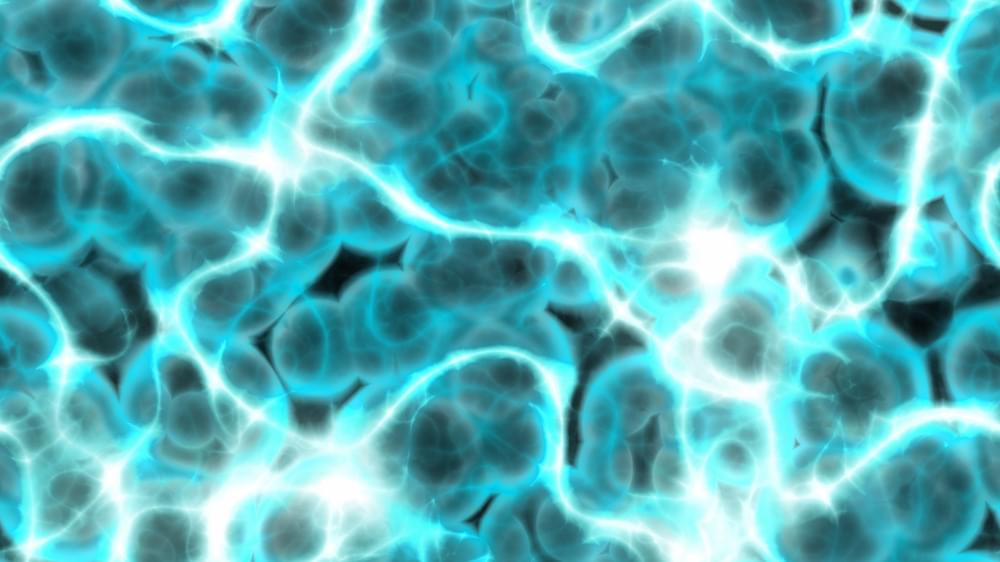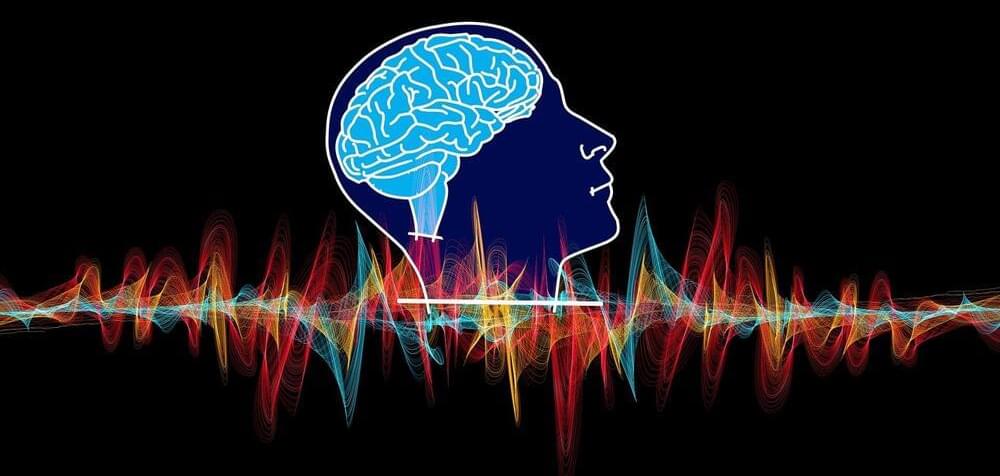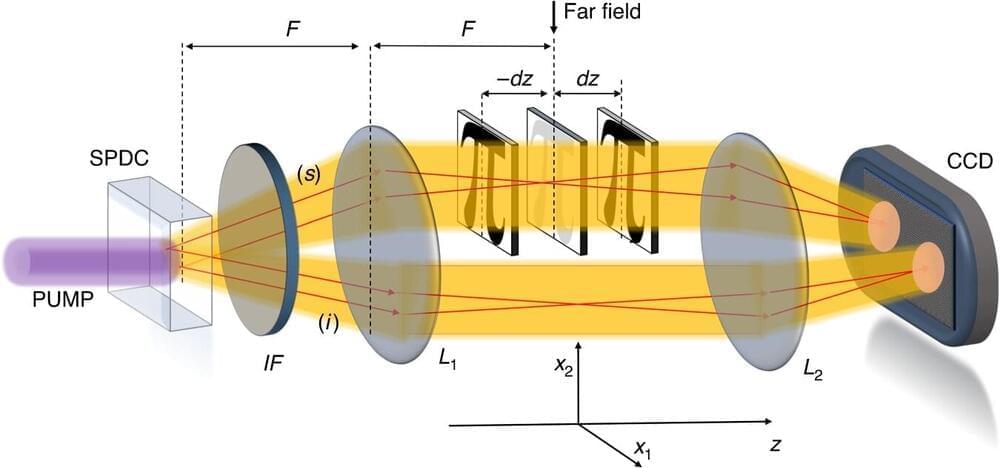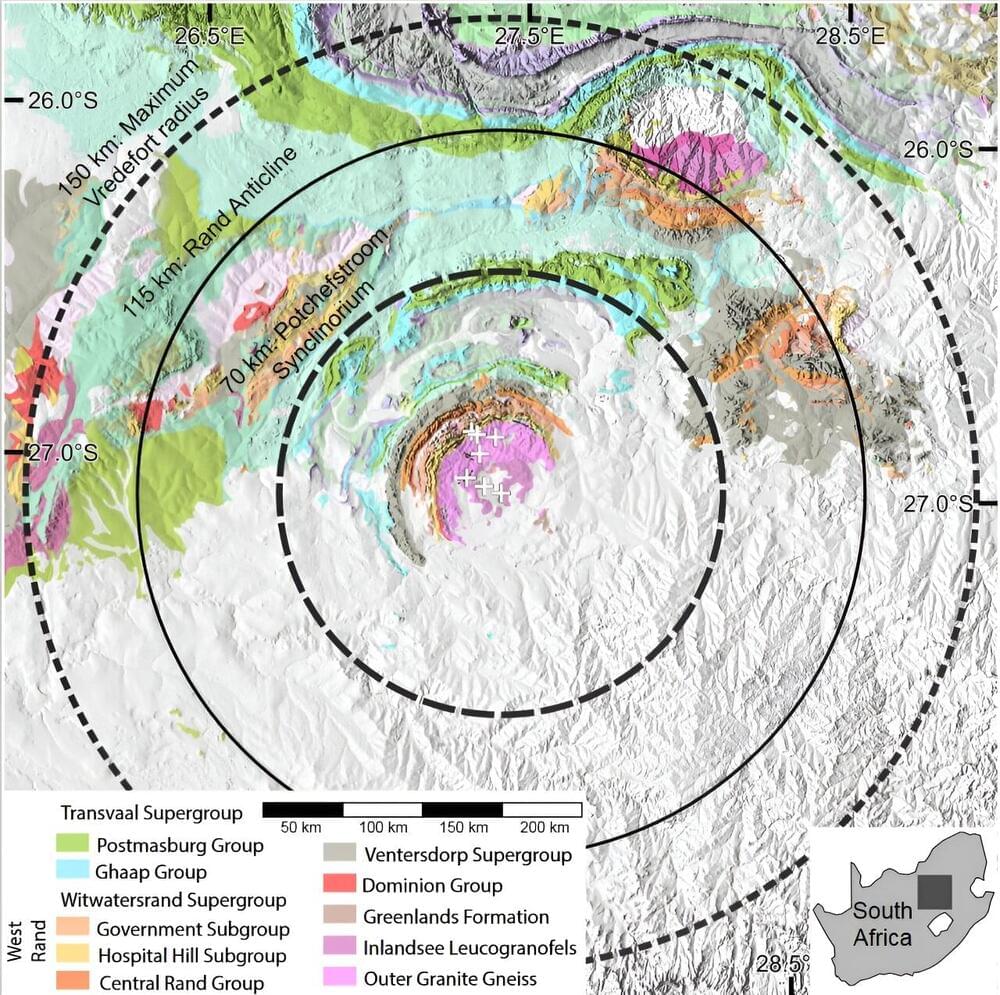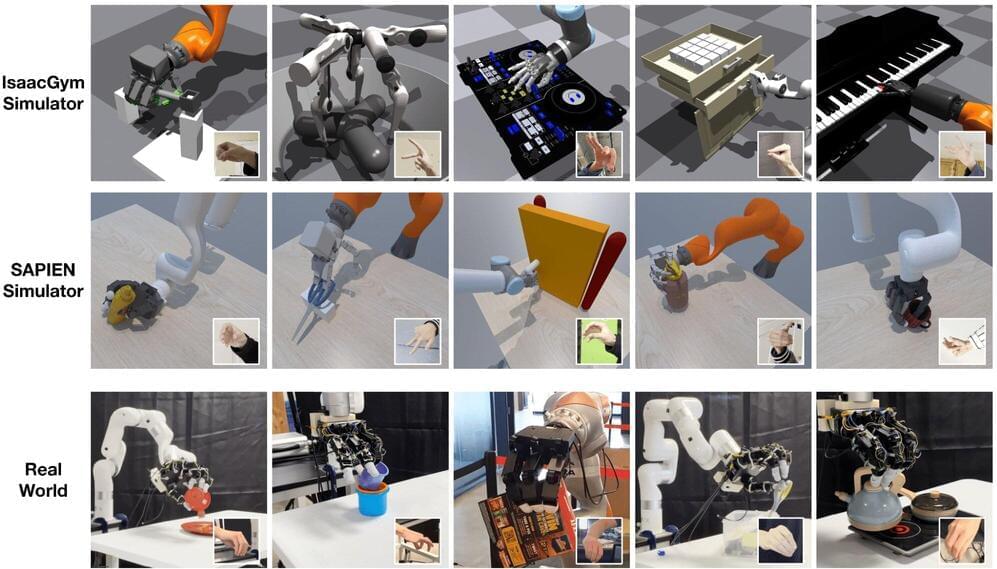What specific changes can we expect in the exterior and interior of the 2024 Tesla Model Y Juniper? When exactly will the Model Y refresh be released? Will there be any improvements in the battery and technology of the Model Y?
As the electric vehicle market continues to thrive, Tesla remains at the top of the EV ladder with its models staying in the top selling charts. Among its impressive lineup, the Model Y stands out as a tough rival shaping the whole EV market in its favor.
With the upcoming release of the 2024 Tesla Model Y Project Juniper and Model 3 Project Highland, as we discussed in our recent posts, Tesla is aiming to redefine the electric SUV segment even further. This highly anticipated refresh promises exciting changes to both the interior and exterior of the popular Model Y.

